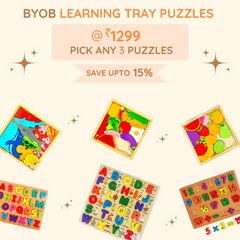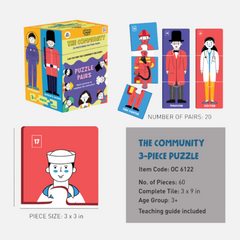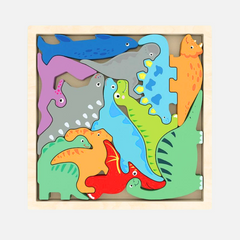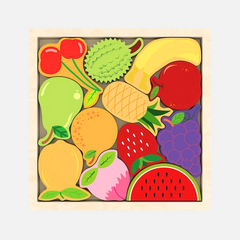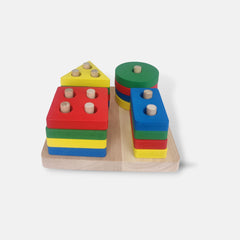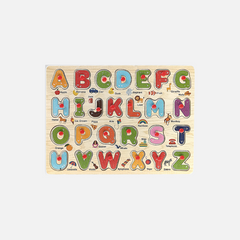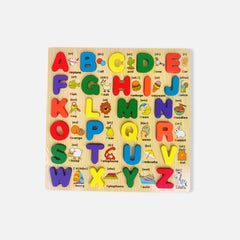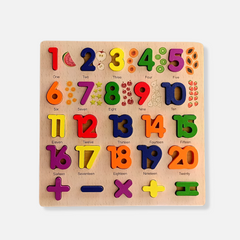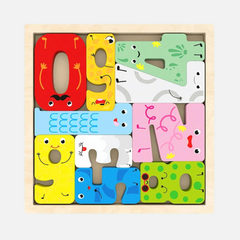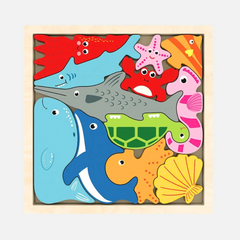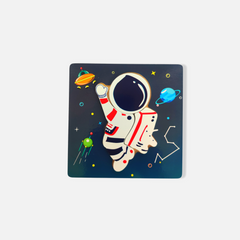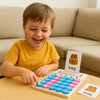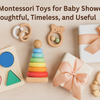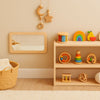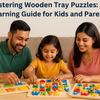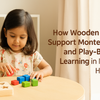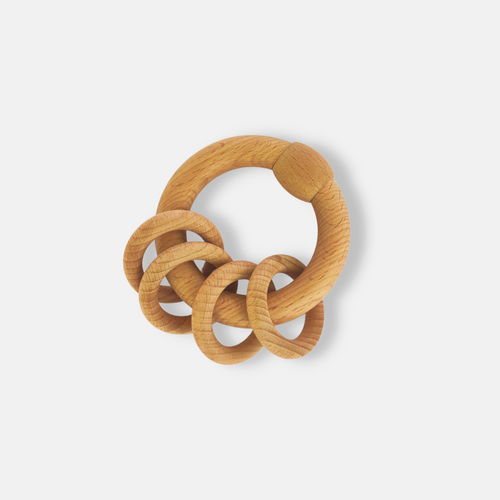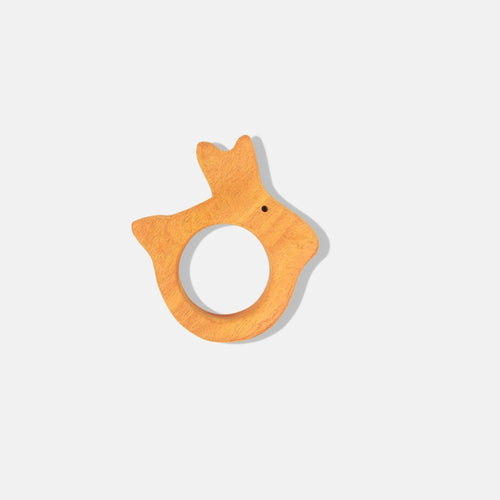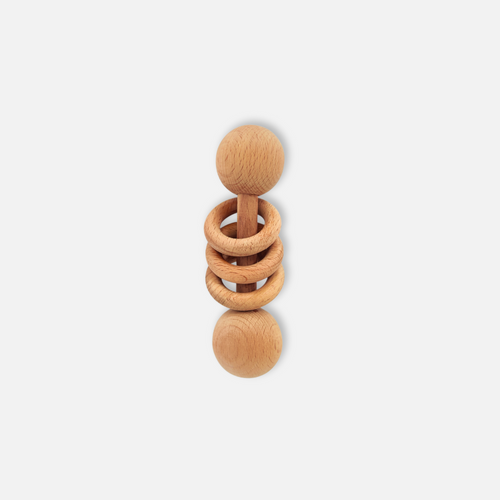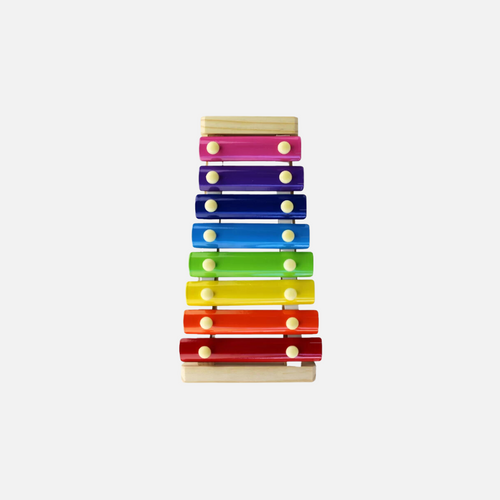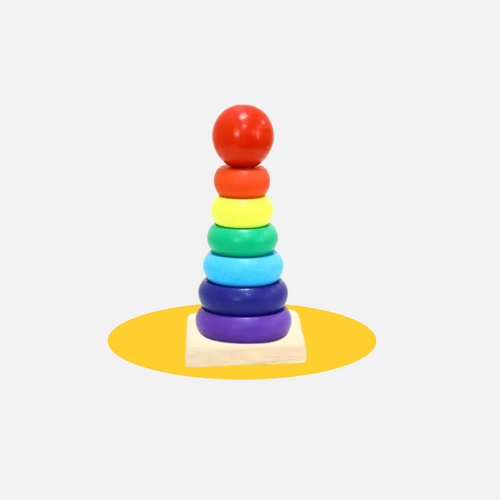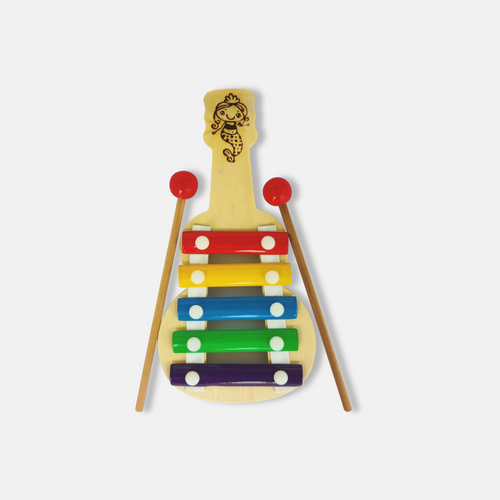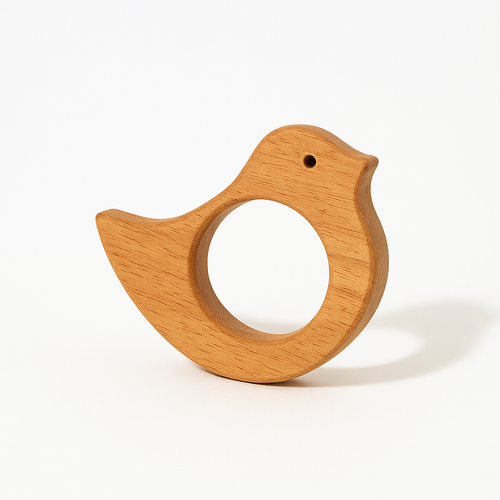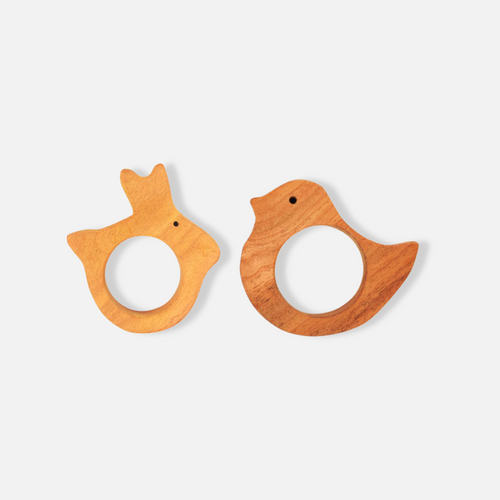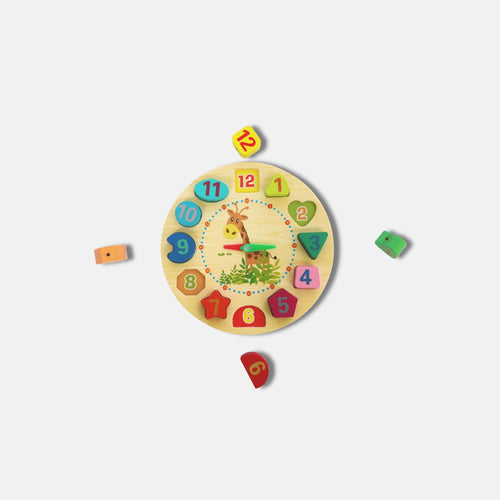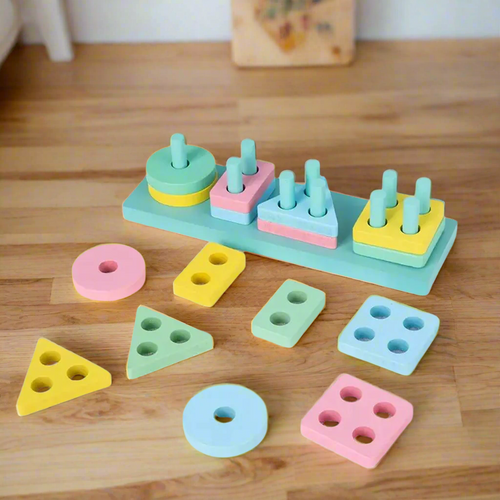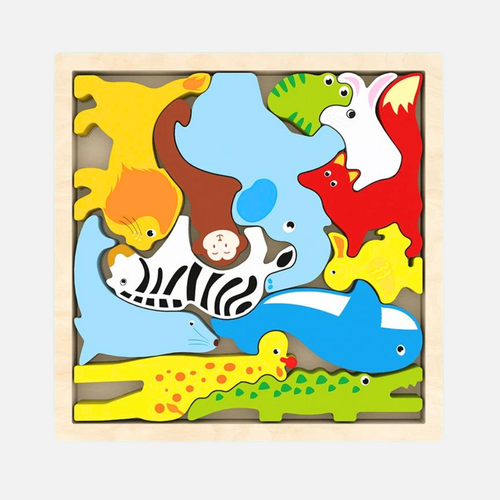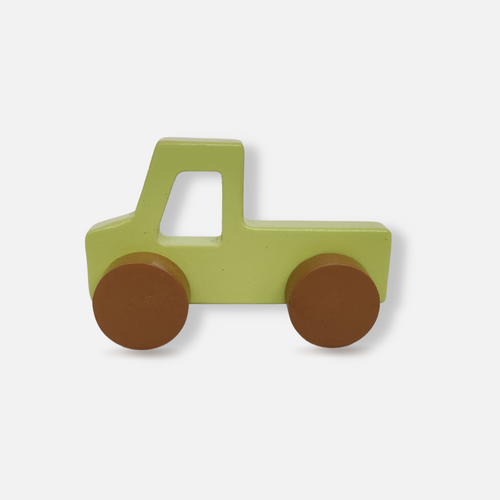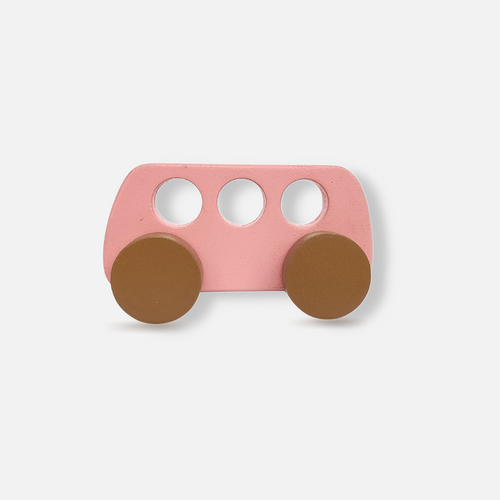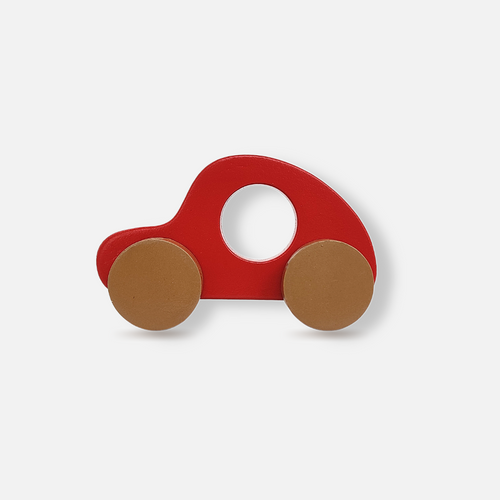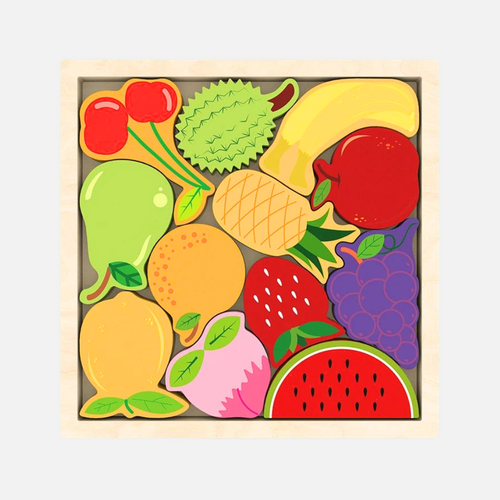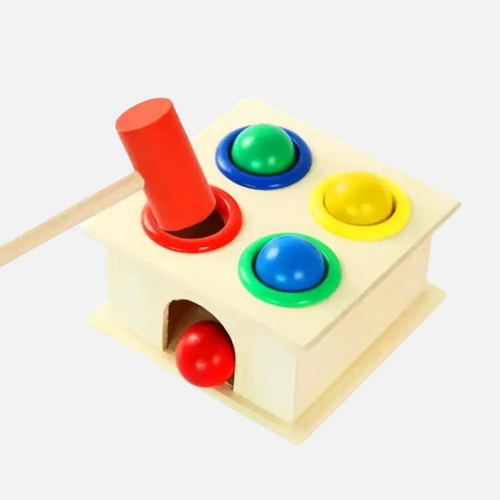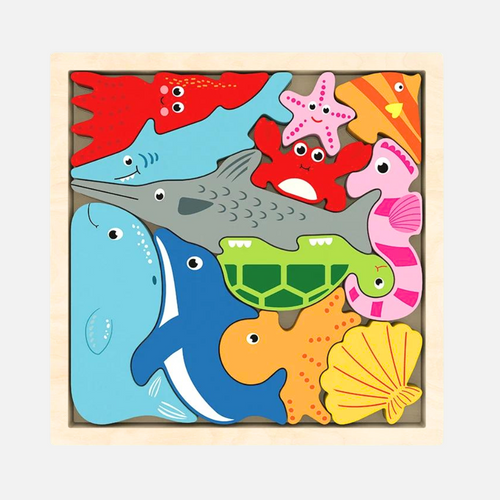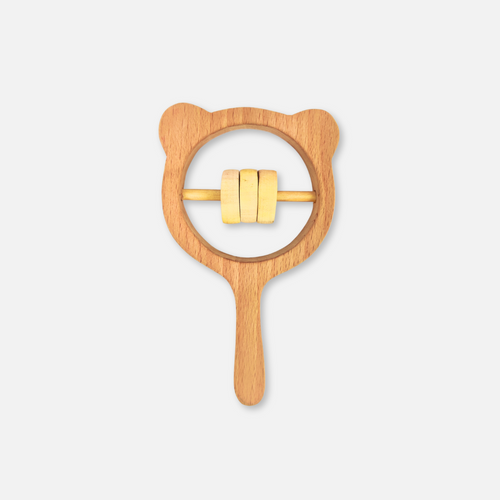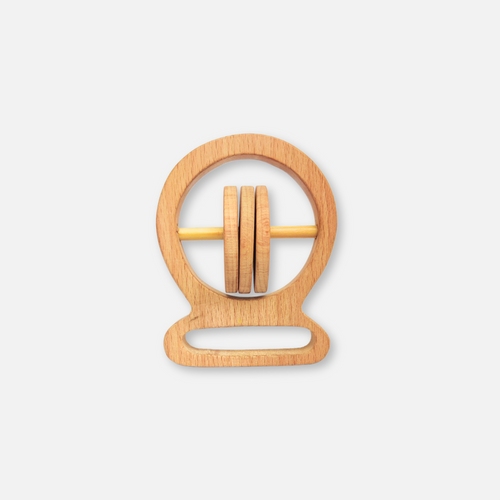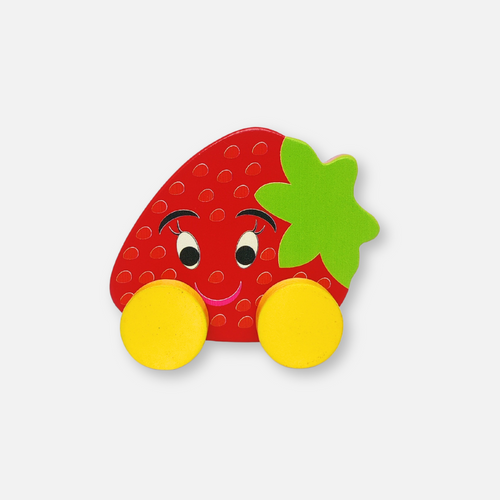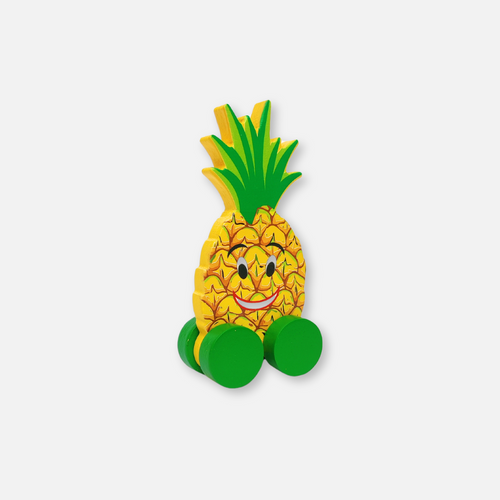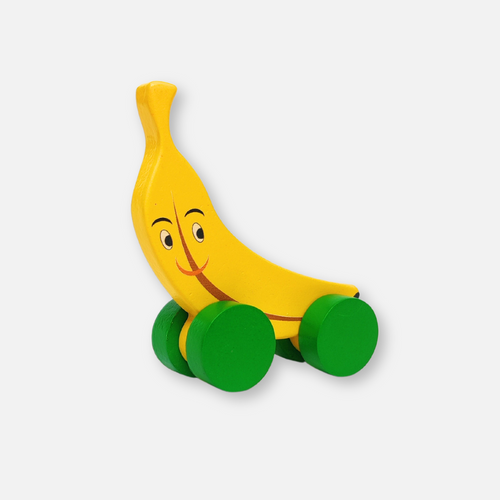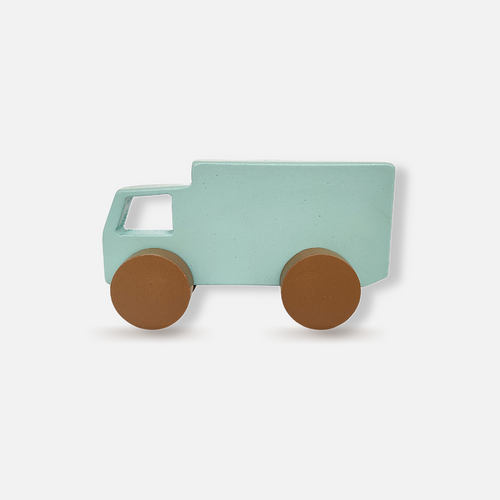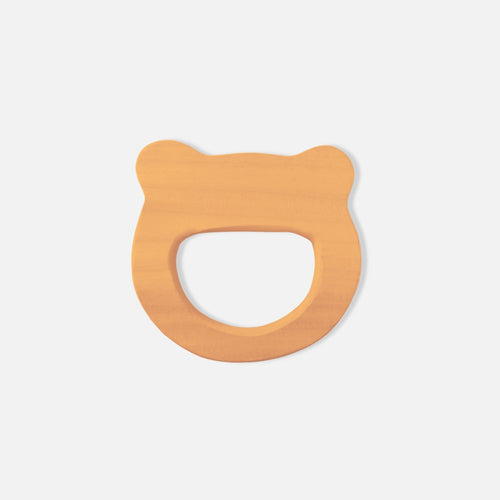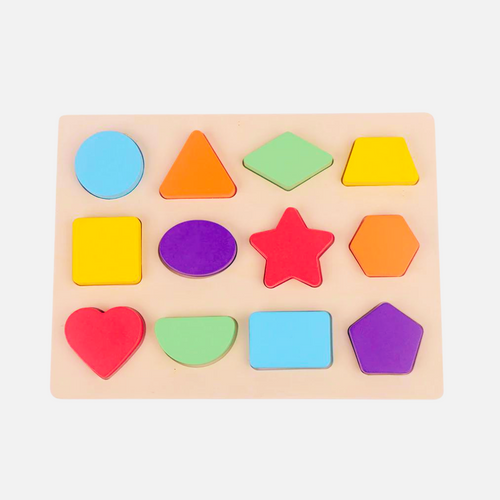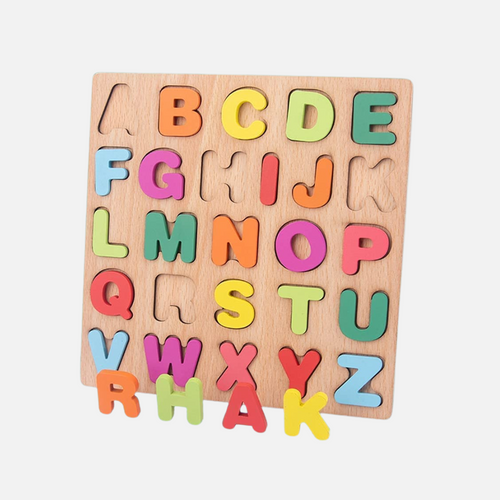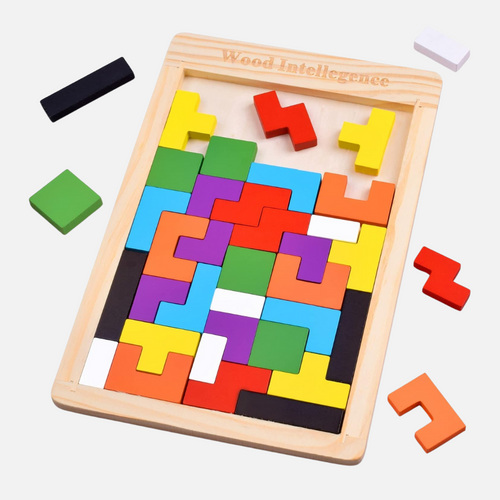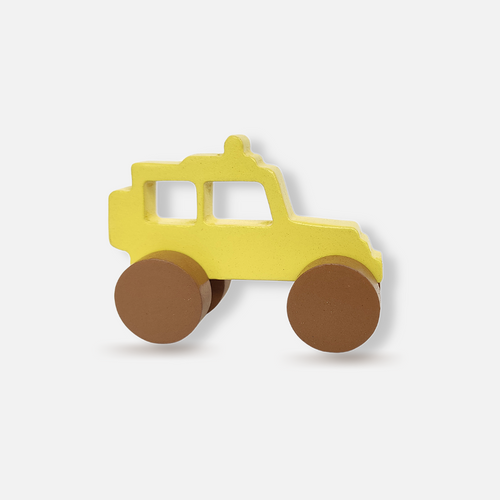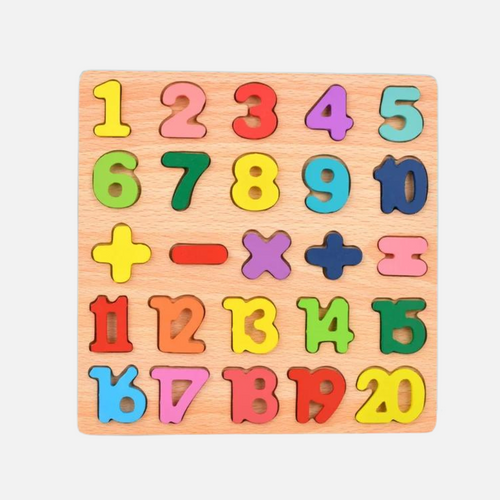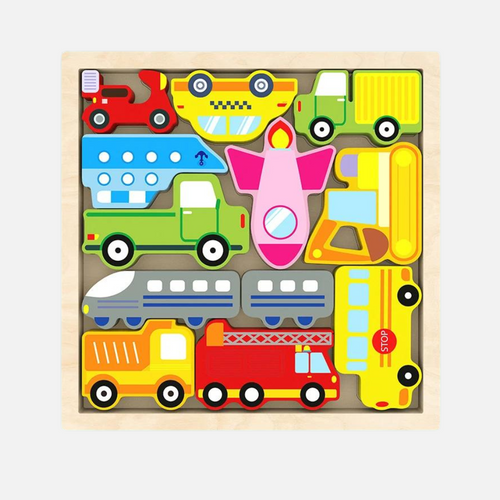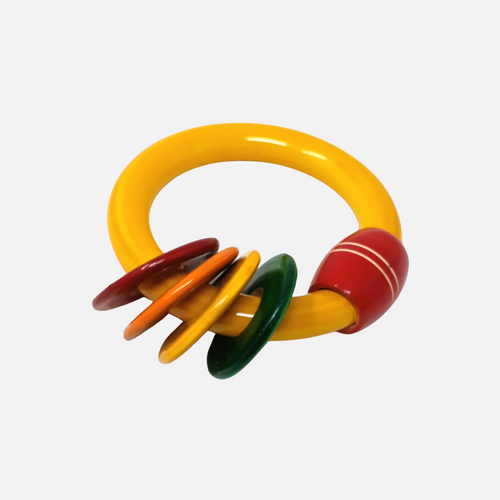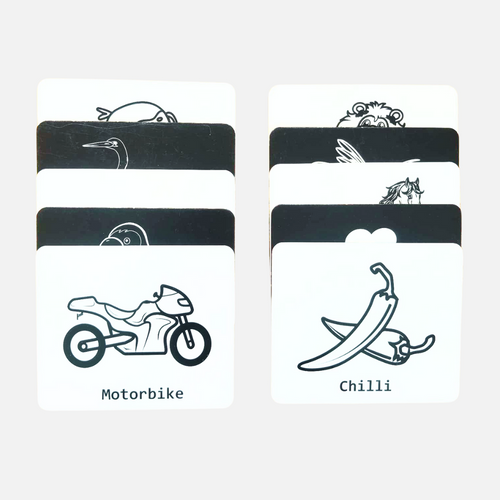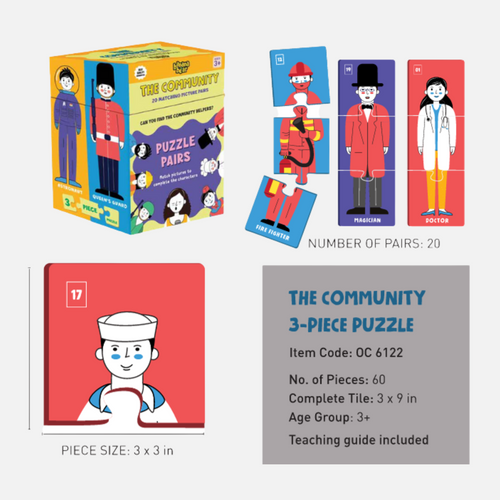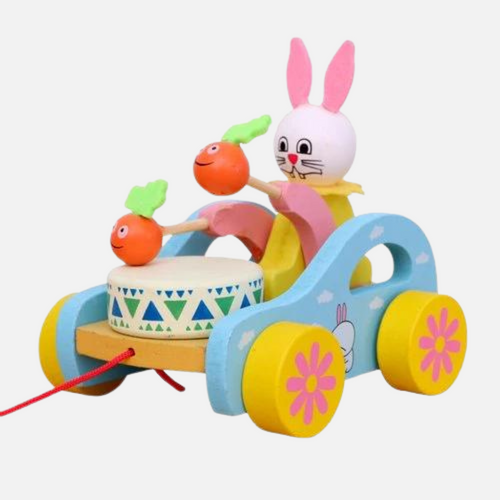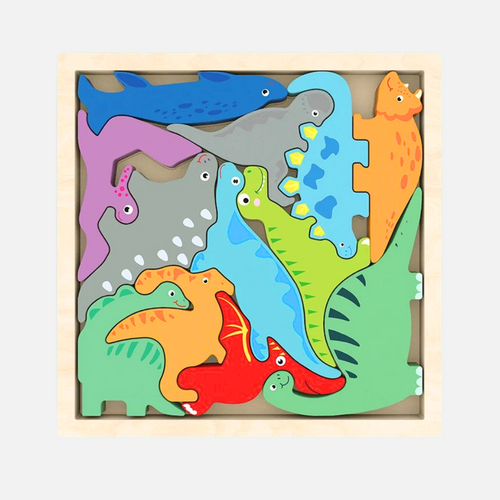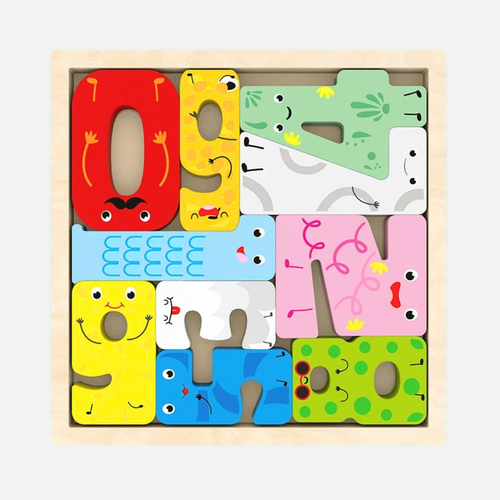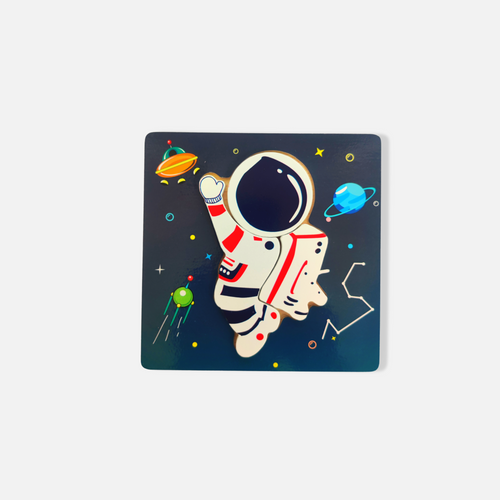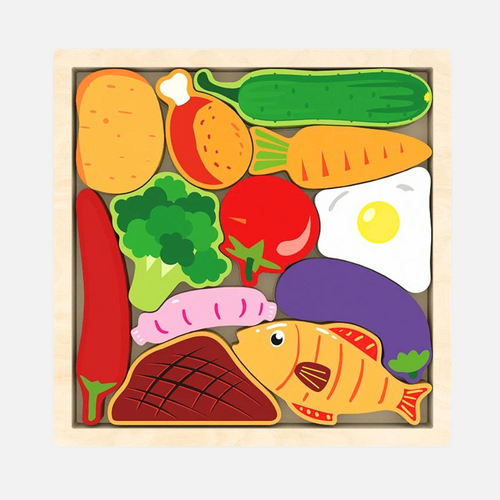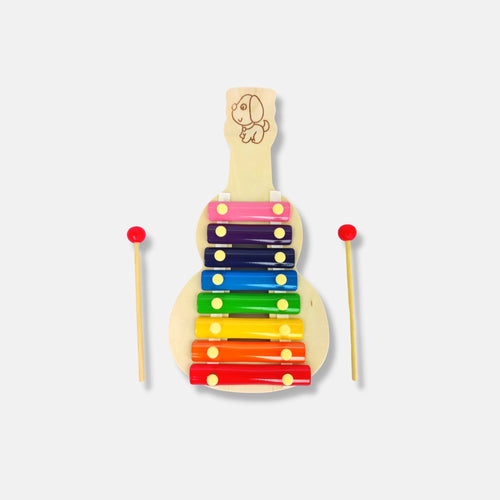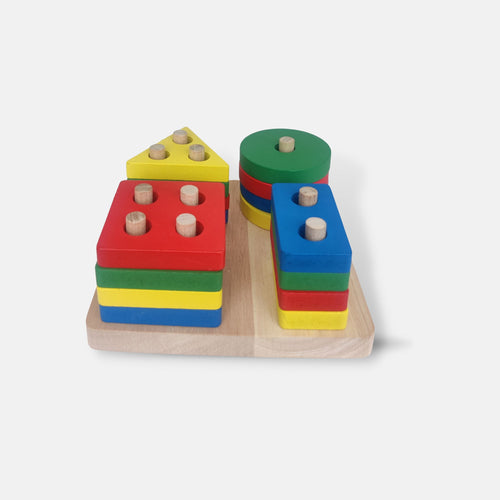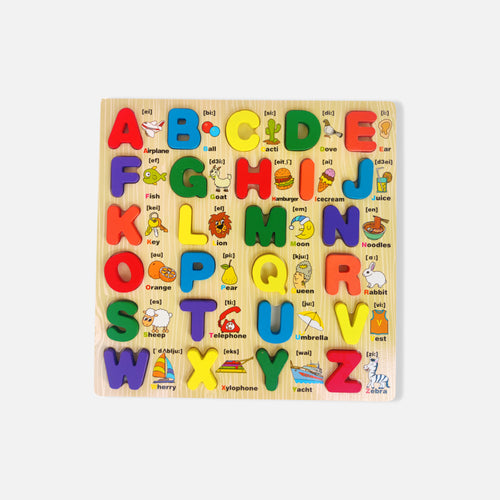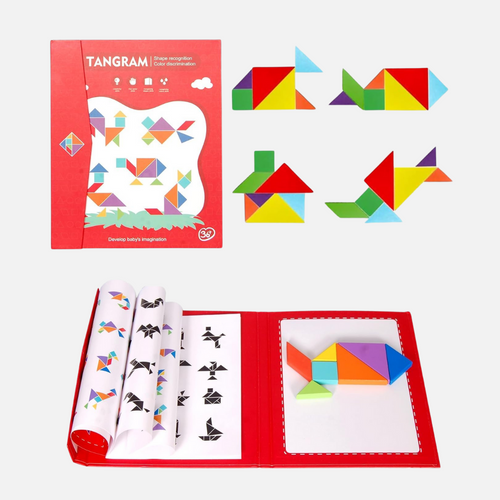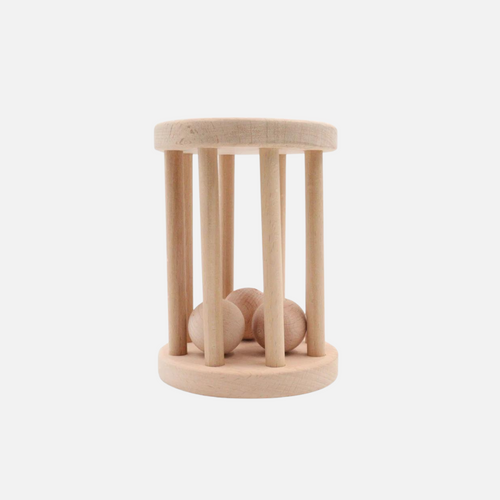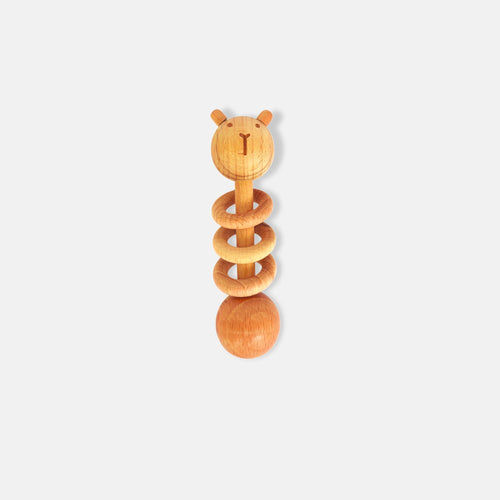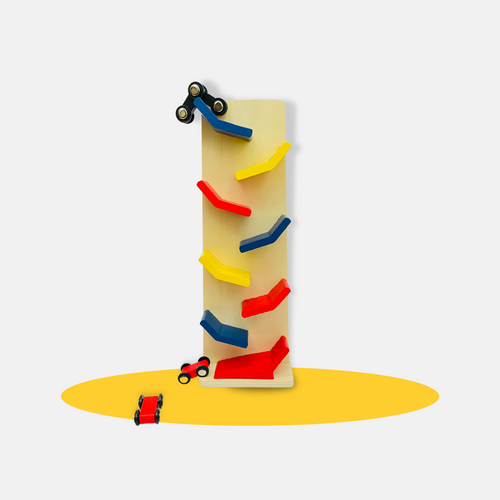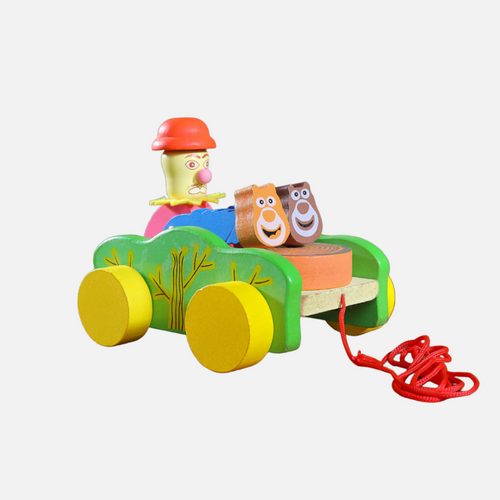Puzzle Toys for Kids: Enhancing Development Through Play
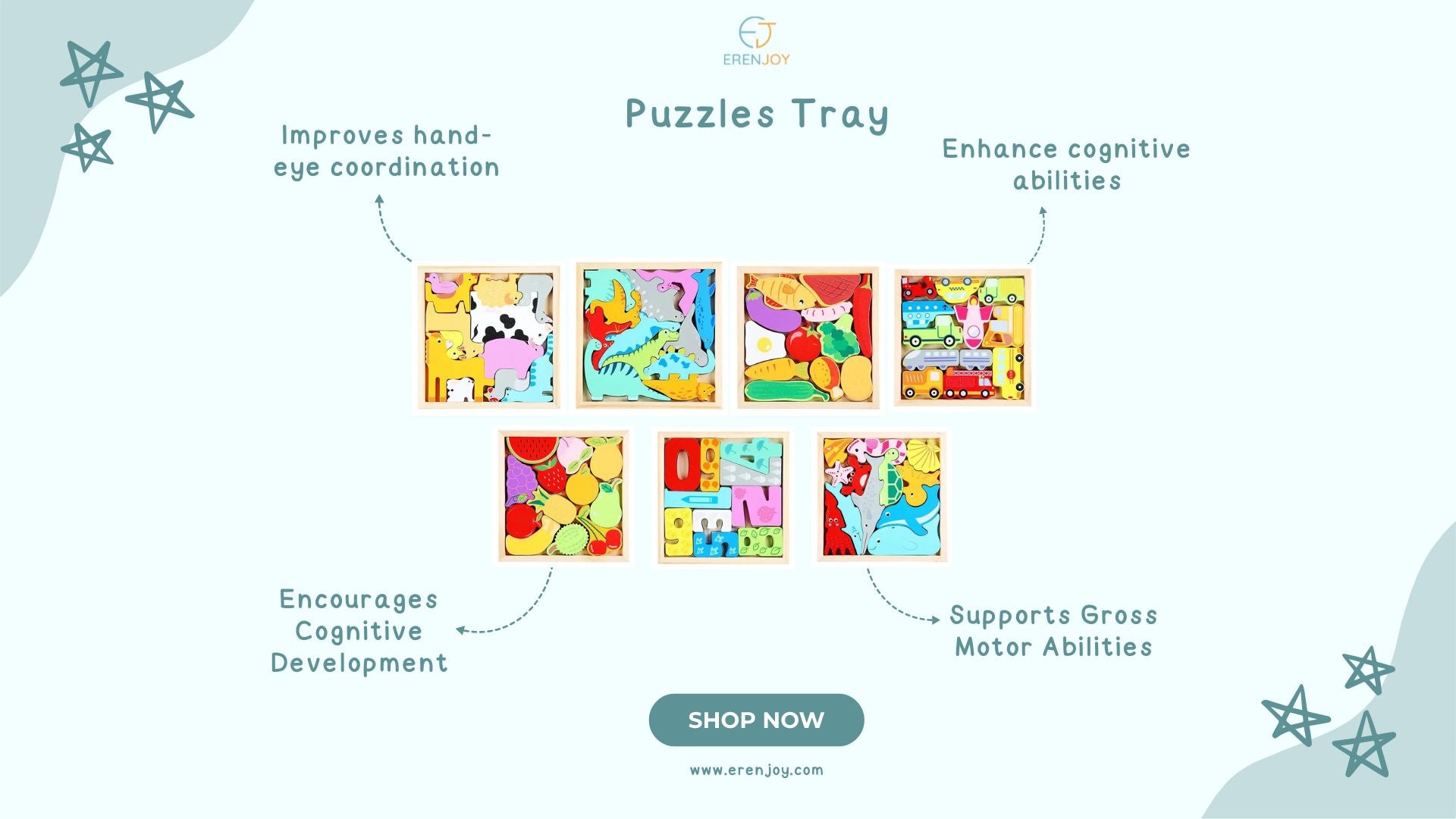
Puzzle toys have long been recognized as valuable tools for children's development. These engaging and interactive toys not only provide hours of entertainment but also offer a myriad of benefits for cognitive, motor, social, and emotional development. In this article, we'll explore the importance of puzzle toys for kids and delve into the various types available, as well as tips for selecting and maximizing their benefits.
Introduction to Puzzle Toys
Puzzle toys encompass a wide range of games and activities designed to challenge and stimulate children's minds. From simple jigsaw puzzles to complex maze games, these toys come in various forms, catering to different age groups and skill levels. What sets puzzle toys apart is their ability to engage children in problem-solving tasks while promoting creativity and critical thinking.
Benefits of Puzzle Toys for Kids
The benefits of puzzle toys extend far beyond mere entertainment. Research has shown that regular engagement with puzzle toys can enhance various aspects of children's development, including cognitive, motor, social, and emotional skills. Let's explore these benefits in more detail.
Types of Puzzle Toys
- Jigsaw Puzzles: These classic puzzles consist of interlocking pieces that form a picture when assembled correctly. They are excellent for developing visual-spatial skills and patience.
- Shape Sorters: Shape sorter toys help children learn about shapes, colors, and spatial relationships while improving hand-eye coordination.
- Building Blocks: Building block sets allow children to explore their creativity and imagination while honing their fine motor skills and spatial awareness.
- Maze Games: Maze puzzles challenge children to navigate through a series of twists and turns, promoting problem-solving and critical thinking skills.
- Memory Games: Memory games require children to remember the location of matching pairs, enhancing their concentration and cognitive abilities.
Cognitive Development
Engaging with puzzle toys stimulates various cognitive processes essential for learning and academic success.
Problem-Solving Skills
By tackling puzzles, children learn to analyze situations, identify patterns, and develop strategies to overcome challenges.
Spatial Awareness
Activities like assembling jigsaw puzzles or building with blocks improve children's understanding of spatial relationships and enhance their ability to mentally manipulate objects.
Memory Enhancement
Memory games strengthen children's short-term memory and concentration, vital skills for retaining information and staying focused in school.
Motor Skills Development
Puzzle toys also play a crucial role in refining children's motor skills, both gross and fine.
Hand-Eye Coordination
Manipulating puzzle pieces or moving objects through mazes requires precise coordination between the hands and eyes, fostering dexterity and control.
Fine Motor Skills
Activities like sorting shapes or stacking blocks encourage the use of small muscles in the hands and fingers, promoting fine motor skill development.
Social and Emotional Development
Beyond cognitive and motor skills, puzzle toys contribute to children's social and emotional growth.
Patience and Persistence
Completing a challenging puzzle teaches children the value of patience and perseverance, instilling resilience and a growth mindset.
Cooperation and Collaboration
Working on puzzles with peers or family members promotes teamwork and communication, fostering positive social interactions and cooperation.
Factors to Consider When Choosing Puzzle Toys
When selecting puzzle toys for children, several factors should be taken into account to ensure optimal enjoyment and developmental benefits.
Age Appropriateness
Choose toys that match the child's age and developmental stage to prevent frustration and promote engagement.
Safety Considerations
Opt for toys made from non-toxic materials and avoid small parts that could pose choking hazards, especially for younger children.
Educational Value
Look for toys that offer opportunities for learning and skill development, aligning with the child's interests and abilities.
Durability
Invest in well-made puzzle toys that can withstand repeated use and rough handling, ensuring long-term enjoyment and value.
Tips for Maximizing the Benefits of Puzzle Toys
To make the most of puzzle toys' developmental benefits, consider implementing the following strategies:
- Rotate Toys Regularly: Keep children engaged by introducing new puzzles and rotating toys periodically to maintain interest.
- Offer Guidance and Support: Provide encouragement and assistance when needed, but allow children to tackle challenges independently to build confidence and autonomy.
- Encourage Independent Exploration: Foster a nurturing environment where children feel empowered to explore and experiment with puzzle toys at their own pace.
Conclusion
Puzzle toys are not just fun and games; they are powerful tools for promoting children's holistic development. From enhancing cognitive skills to fostering social and emotional growth, these engaging toys offer a wealth of benefits for young learners. By choosing age-appropriate toys and providing opportunities for exploration and discovery, parents and caregivers can support children's development while fostering a love for learning through play.
FAQs
Q 1: At what age can children start playing with puzzle toys?
A 1: While it depends on the individual child, most children can start engaging with simple puzzle toys around the age of 18 months to 2 years.
Q 2: How can I ensure my child's safety when playing with puzzle toys?
A 2: Always supervise young children during playtime and choose puzzle toys made from safe, non-toxic materials. Avoid toys with small parts that could be swallowed.
Q 3: Are puzzle toys only beneficial for cognitive development?
A 3: No, puzzle toys offer a range of benefits beyond cognitive development, including motor skills refinement, social interaction, and emotional resilience.
Q 4: Can puzzle toys help children with special needs?
A 4: Yes, puzzle toys can be adapted to suit children with special needs and can offer valuable sensory stimulation and therapeutic benefits.
Q 5: What should I do if my child becomes frustrated while working on a puzzle?
A 5: Offer words of encouragement and support, but allow your child to take breaks or try a different activity if they are feeling overwhelmed.
-
Posted in
Puzzle Toys for Kids

